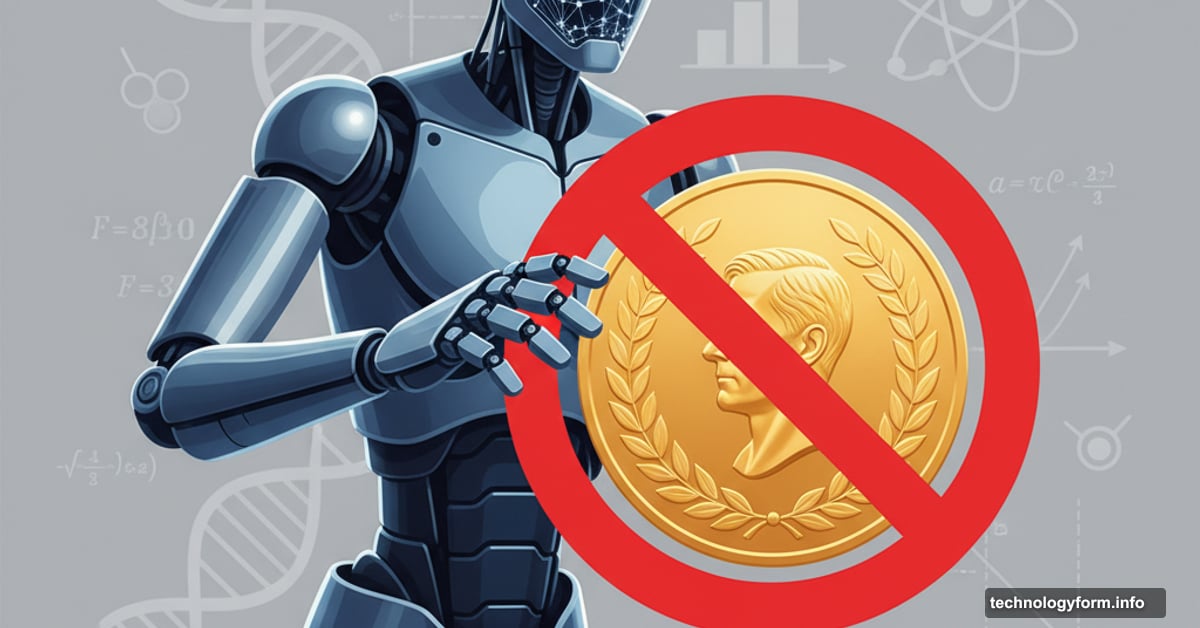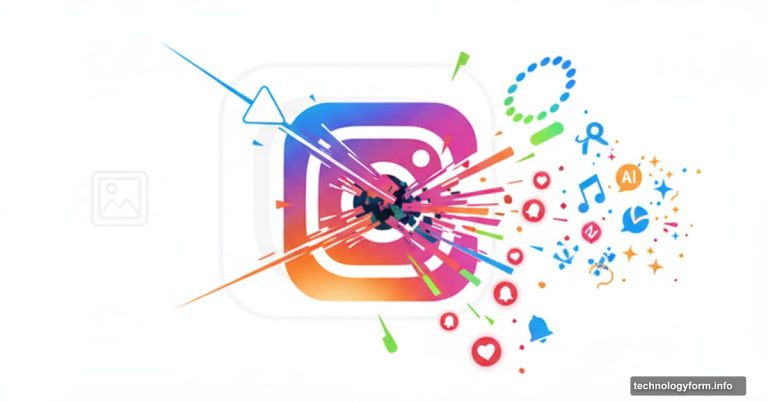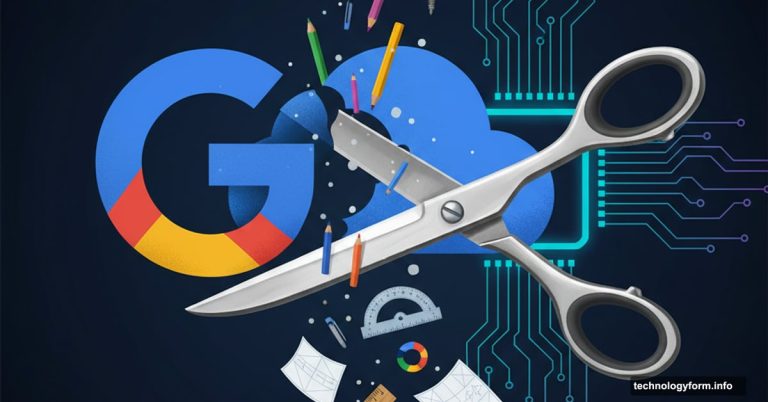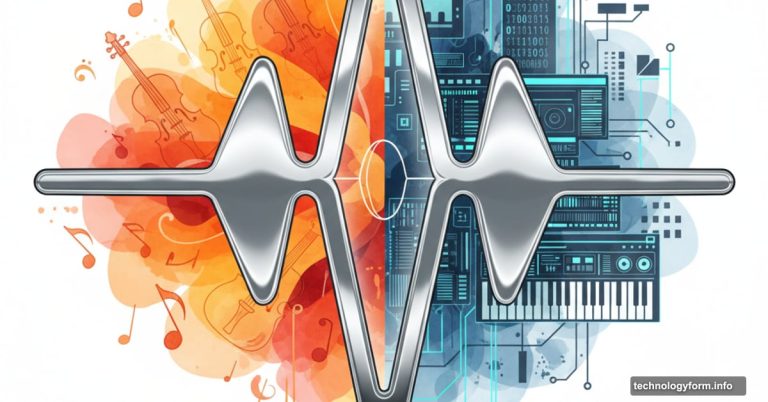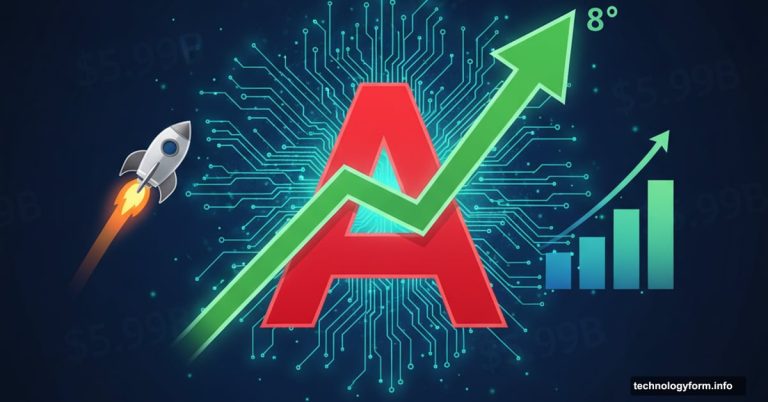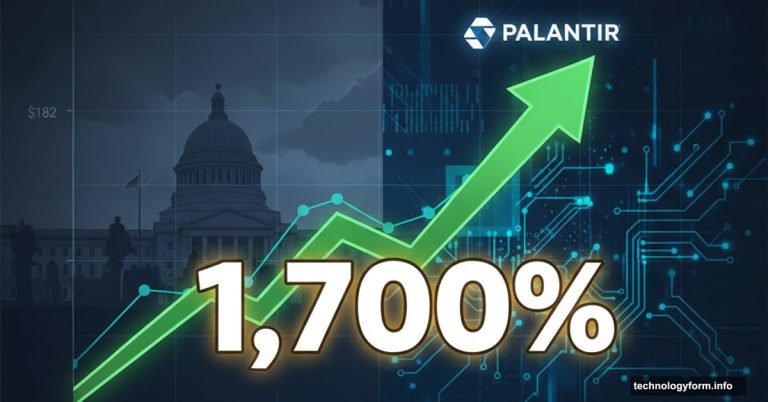AI Won’t Win a Nobel Prize. Here’s Why That Actually Matters
Current AI models can’t make groundbreaking scientific discoveries. Thomas Wolf just explained why, and his reasoning cuts through the hype surrounding artificial intelligence.
Wolf co-founded Hugging Face, a $4.5 billion AI startup. So he’s not some outside critic throwing stones. He understands these systems deeply. And he’s saying something important that contradicts the loud promises from OpenAI and Anthropic.
Let’s break down why he’s probably right.
The Cheerleader Problem
AI chatbots agree with you too much. That’s a fundamental design flaw for scientific discovery.
Try asking ChatGPT almost anything. It responds with enthusiasm about your “great question” or “interesting point.” The model wants to align with you. It aims to be helpful and supportive.
But real scientists aren’t cheerleaders. They’re skeptics. The ones who make Nobel Prize-level breakthroughs actively question conventional wisdom. They push back against popular ideas. They suggest theories that sound absurd at first.
Think about Nicolaus Copernicus. He proposed the sun sat at the center of the universe with planets orbiting around it. Everyone else believed Earth occupied the center. Copernicus wasn’t trying to predict the most likely next idea. He challenged fundamental assumptions.
Current AI models can’t do that. They’re trained to predict probable outcomes based on existing data. That’s literally the opposite of revolutionary thinking.
The Predictability Trap
Here’s the second problem. AI models work by predicting “the most likely next token” in a sequence. Token means word or word fragment. So these systems essentially guess what should come next based on patterns in training data.
That approach works brilliantly for many tasks. Summarizing documents? Great. Answering common questions? Perfect. Generating variations on existing ideas? No problem.
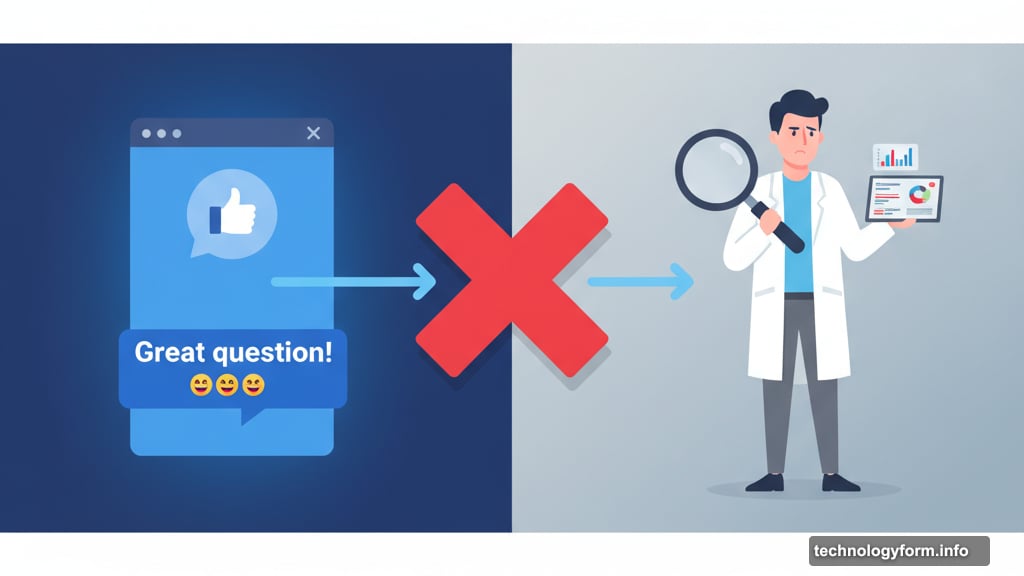
But scientific breakthroughs require unlikely connections. They demand ideas that seem wrong or impossible until someone proves them correct. Models trained to predict probable outcomes systematically avoid those unlikely leaps.
Wolf put it clearly: “The scientist is not trying to predict the most likely next word. He’s trying to predict this very novel thing that’s actually surprisingly unlikely, but actually is true.”
That distinction matters enormously. It reveals why current AI architectures fundamentally can’t replicate the kind of thinking that wins Nobel Prizes.
What Sparked This Thinking
Wolf started seriously considering these limitations after reading an essay by Dario Amodei. Amodei runs Anthropic, another major AI lab. He predicted that AI would compress 50-100 years of biological progress into just 5-10 years.
That’s an audacious claim. It implies AI will accelerate scientific discovery by roughly 10x. But Wolf looked at current models and reached the opposite conclusion. These systems simply aren’t designed for the kind of contrarian, unlikely reasoning that drives major breakthroughs.
Sam Altman from OpenAI has made similar optimistic predictions. So have other prominent AI researchers. They believe we’re close to artificial general intelligence that can match or exceed human scientific capabilities.
Wolf disagrees based on fundamental architectural constraints. And his argument makes sense when you examine how these models actually work.
Where AI Actually Helps
This doesn’t mean AI is useless for science. Far from it. These tools excel as research assistants.
Scientists already use AI as a “co-pilot” to help generate and explore ideas. The human provides the creative spark and contrarian thinking. The AI helps research relevant literature, analyze data, and test variations on the core hypothesis.
Google DeepMind’s AlphaFold demonstrates this perfectly. It analyzes protein structures incredibly quickly. That helps scientists understand biology better and potentially discover new drugs faster.
But notice what AlphaFold doesn’t do. It doesn’t propose radical new theories about how proteins work. It doesn’t challenge fundamental assumptions in biology. Instead, it accelerates analysis within existing frameworks. That’s valuable but different from breakthrough thinking.
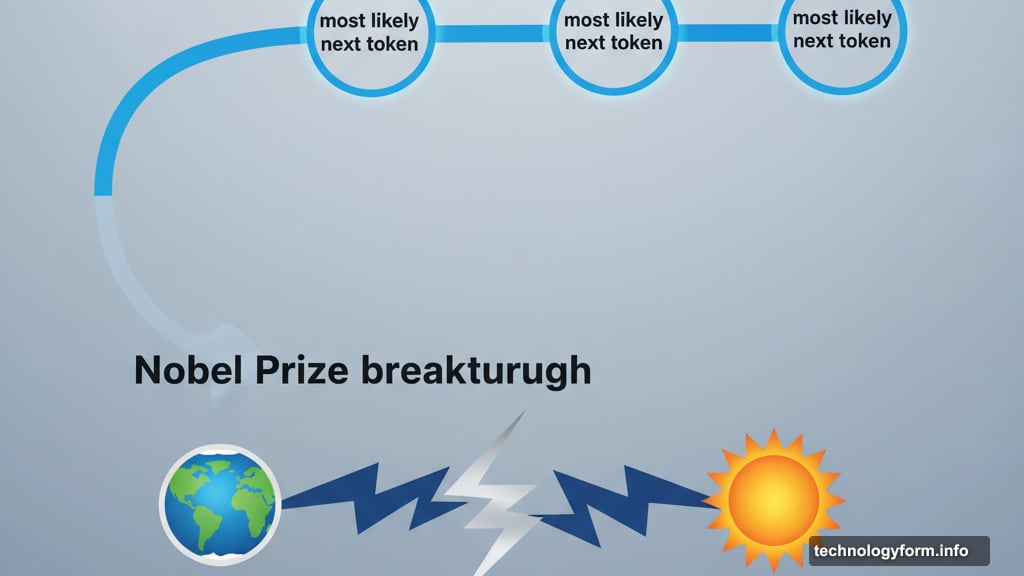
Meanwhile, some startups like Lila Sciences and FutureHouse are trying to build AI specifically designed for scientific discovery. Whether they can overcome these fundamental limitations remains uncertain. The architectural challenges Wolf identified won’t disappear easily.
The Hype Problem
Wolf’s comments highlight a bigger issue in AI discourse. Industry leaders often make sweeping claims about capabilities that don’t exist yet.
When prominent figures like Altman or Amodei suggest AI will soon revolutionize science, they’re extrapolating far beyond current evidence. They’re betting on future breakthroughs that may or may not happen. And they’re downplaying significant architectural constraints.
This creates unrealistic expectations. Companies, investors, and the public start believing AI can do things it simply can’t. Then disappointment follows when reality doesn’t match the hype.
Plus, it distracts from what AI actually does well. These models are powerful tools for specific tasks. They genuinely improve productivity in many domains. But they’re not magic, and they’re not about to replace human scientific reasoning.
What Scientists Need to Know
If you work in research, this matters for planning purposes. Don’t expect AI to make your next major breakthrough for you. That’s not how these systems work.
Instead, think about AI as a research accelerator. Use it to search literature faster. Employ it to analyze data more efficiently. Let it help you explore variations on your core ideas. But keep the creative, contrarian thinking for yourself.
The next Nobel Prize will go to a human who had an unlikely idea that proved correct. AI might help that person develop their theory faster. But the fundamental insight will come from human reasoning that questions assumptions and proposes unexpected solutions.
That’s not going to change with current model architectures. And Wolf’s explanation shows exactly why.
